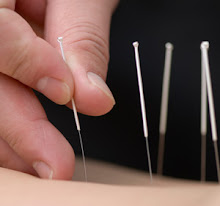Friday, 17 December 2010
Kuki Hojicha (Ippodo Tea)
Not for the first time have I crossed paths with Kuki cha. My first exposure to this almost oxymoronic leafless tea was after hanging out with some macrobiotic friends that drink Kuki regularly as part of their dietary regime. It's none too difficult to obtain this tea in the UK from Clearsprings, a Japanese food brand and I have a bag of the stuff in my tea village (or cupboard if you may). Since I was ordering Matcha from Ippodo in Kyoto I also got myself a bag of this tea. It's cost effective and low in caffeine so it makes an excellent evening tea.
The aroma of this tea dry is anything but subtle, the bag absolutely assaults the nose like a prize boxer with a grudge to bear. Pop! 'ave that! ... ouch. I must be some sort of misguided masochist or something as I keep going back for another whiff. Sickly sweet like a pot of bubbling bramble jam is the only way I can put it.
Unsure of how to actually make Kuki properly, in a pot one presumes, I rebel and decide to brew it in a gaiwan with xiangbei cups. The blackberry jam aroma follows it with a liquorice under current, the caramel soup has lost a lot of the sweetness and holds an easy roasted malt with a nuttiness. The tea doesn't show much endurance beyond it's third infusion.
It's a cheap and simple thrill that is instantly scrummy and warming, just right for the cold winter. Perhaps this is the tea equivalent of a bag of chips smothered with salt and vinegar!
Subscribe to:
Post Comments (Atom)





Try adding the kukicha to a sauce pan. Under low heat stir the stems. When the aroma of the stems is noticeable add water. Let the stems steep three to seven minutes. Enjoy, Happy Holidays
ReplyDeleteThanks anon,
ReplyDeleteNot sure I did that right unless the end result was a really roasted tea! I'm snowed in though so I have all day to play with it.